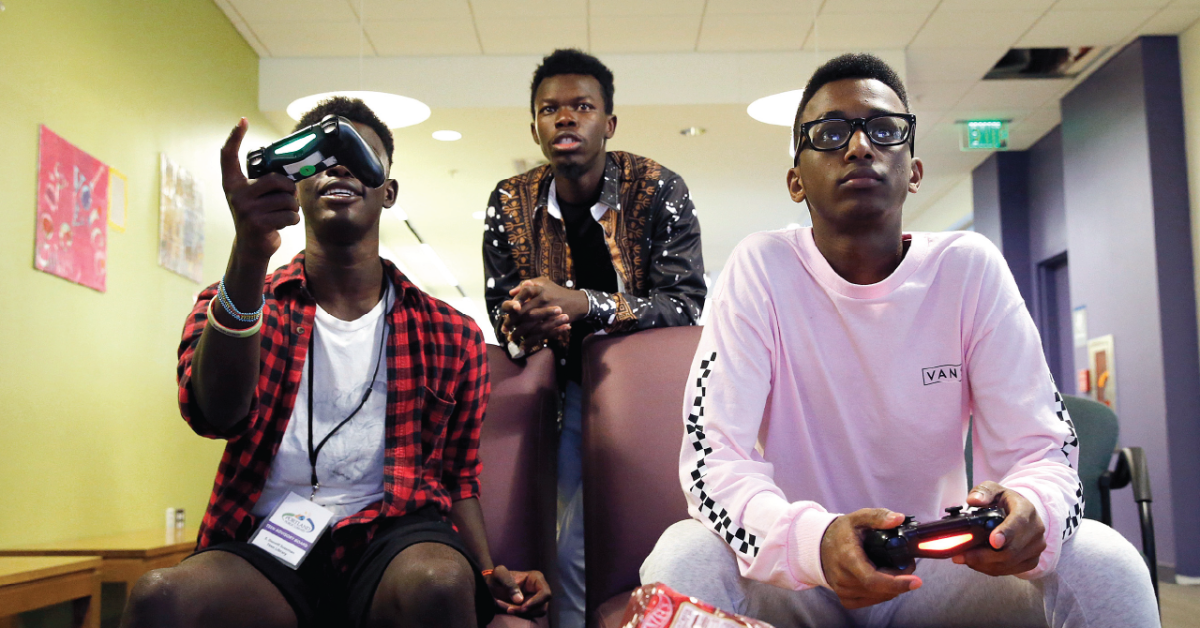Teens and Video Games Today

🌈 Abstract
The article discusses the video game habits and experiences of U.S. teens, including how often they play, the devices they use, the social aspects of gaming, and their perceptions of the positive and negative impacts of video games.
🙋 Q&A
[01] Who plays video games?
- 85% of U.S. teens say they play video games, and 41% play them at least once a day
- 40% of teens consider themselves "gamers"
- Nearly all teen boys (97%) play video games, compared to about three-quarters of teen girls
- Younger teen girls (81% of 13-14 year olds) are more likely to play video games than older girls (67% of 15-17 year olds)
- Similar shares of teens play video games across different racial/ethnic groups and household income levels
[02] How do teens socialize through video games?
- 89% of teen video game players play with others, either in-person or online
- 47% of teen video game players have made a friend online through a video game
- Teen boys and those who identify as "gamers" are more likely to have made online friends through gaming
[03] What do teens think about the impacts of video games?
- Over half of teen video game players say games have helped their problem-solving skills
- 47% say games have helped their friendships, and 41% say they've helped their ability to work with others
- 41% say video games have hurt their sleep
- Teens who play video games "too much" are more likely to say games have negatively impacted their sleep and school performance
[04] How prevalent is bullying and violence in video games?
- 41% of teen video game players say they've been called an offensive name while playing
- 80% of teens think harassment and bullying in video games is a problem for people their age
- 56% of teen video game players say at least some of the games they play contain violence
[05] Why do teens play video games?
- Nearly all say entertainment/fun is a major or minor reason
- Around three-quarters say spending time with others is a reason
- Fewer (50%) see learning as a reason
- Teens who identify as "gamers" are more likely to cite competing against others as a major reason
Shared by Daniel Chen ·
© 2024 NewMotor Inc.